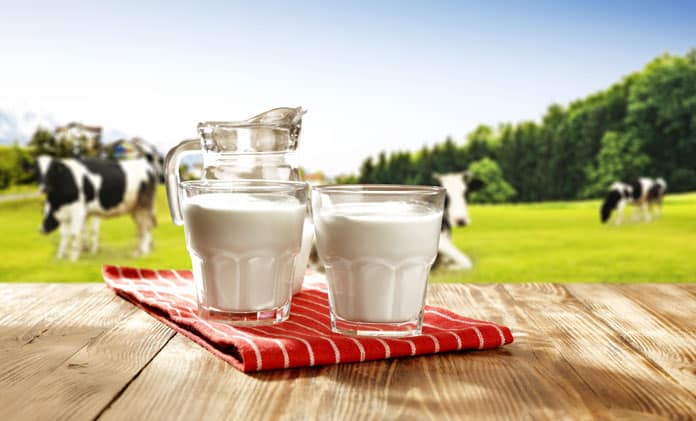State, varsities partner to advance dairy sector research

DODOMA: THE Ministry of Livestock and Fisheries, in collaboration with Sokoine University of Agriculture and a team of researchers from Jeonbuk University in South Korea, is set to implement a new research and dairy cattle production project using insemination and embryo transfer technologies.
This was revealed in Dodoma recently when a delegation from Jeonbuk University, led by Prof Hakkyo Lee, visited the office of the Ministry’s Permanent Secretary, Ms Agness Meena, to present their intention to roll out the project.
The Registrar of the Tanzania Dairy Board (TDB), Professor George Msalya, was among those present at the meeting.Speaking after welcoming the delegation, Ms Meena urged the experts to collaborate closely with specialists from the Ministry and involve other relevant stakeholders to ensure proper planning before the project begins.
“Since you are still at the project design stage, it is important for our experts to fully participate so that we can identify the key areas where we will benefit most from this project,” she said.
For his part, Prof Msalya said the project will enable livestock keepers in the country to access high-quality dairy cattle breeds, thereby increasing milk production and promoting environmentally friendly livestock keeping.
ALSO READ: Tanzania readies for Africa’s Antimicrobial Resistance Conference
The dairy sector has recorded remarkable growth over the past five years, attracting over 3tri/- in private-sector investment, which has improved the quality and availability of dairy products with extended shelf life.
Currently, Tanzania produces Ultra-High Temperature (UHT) milk using advanced technology that heats milk to high temperatures to eliminate bacteria and significantly extend shelf life.
Recently, the TDB Registrar told the ‘Daily News’ that large-scale processors have injected substantial capital in recent years, enabling the sector to acquire modern equipment and strengthen the dairy value chain.
He cited key investors such as Asas Limited, with a processing capacity of 100,000 litres per day, Shafa Agro Limited in Iringa (20,000 litres), and Kahama Fresh (20,000 litres).
Other notable players include Tanga Fresh, Kilimanjaro Fresh and Milk Com.Prof Msalya noted that Tanzania now produces powdered milk and UHT products that were previously imported from abroad and neighbouring countries, including Kenya.
Looking ahead, and in line with Tanzania Development Vision 2050 (TDV 2050), Prof Msalya said TDB is finalising its fourth Strategic Plan, which aims to raise national milk production beyond the current level of 4.01 billion litres annually.He said the initiative will help increase the supply of nutritious food, thereby strengthening the country’s workforce.
TDB will play a central role by attracting more private investment across the dairy value chain.






Le juif Laurent Nunez Belda , forme les jihadiste par le biais de Zara Delhomme delprat Ganancia.ain arouda km17 douar duel draa.